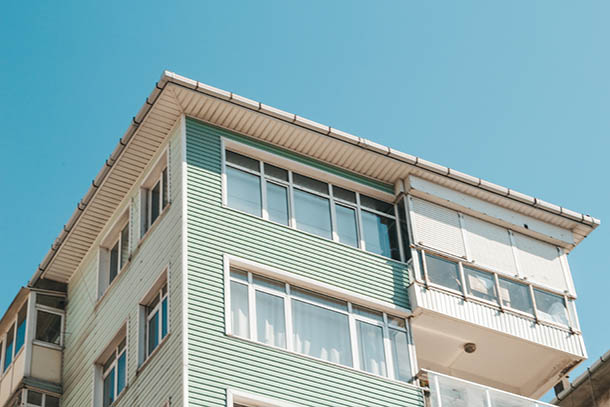
Low income earners in Sydney are being forced to stay in informal dwellings and overcrowded spaces, because they are unable to access affordable housing options, according to a recent report released by the University of Sydney’s Policy Lab.
The scoping study, ‘Informal accommodation and vulnerable households: Scale, drivers and policy responses in metropolitan Sydney’, examines the impacts that Sydney’s ongoing housing affordability crisis is having on vulnerable individuals and families. The report focused on households in Waverley and Fairfield city councils, where more than 18 per cent of households spent over 30 per cent of their income on rent.
“Sydney’s ongoing housing affordability crisis is hitting low income and vulnerable groups particularly hard; they are now having to find accommodation through informal and sometimes illegal housing,” Professor Nicole Gurran, co-author of the report, said.
Data from the Family and Community Services indicates 271,000 lower income households in metropolitan Sydney have trouble paying rent. A further 130,000 households in NSW struggle to find affordable rental homes, according to the Australian Housing & Urban Research Institute.
The report found that people relying on government welfare support and people without a strong rental record, including migrants and international students, especially face barriers of access to the formal housing market. As a result, they enter informal living arrangements, including illegally constructed, converted or occupied dwellings as well as share houses and room rentals that are not subject to standard residential tenures.
Professor Gurran said some share houses are so overcrowded they violate planning building regulations.
The report identified strategies to increase adequate rental options for low income and vulnerable groups: providing more affordable housing in areas of high unmet demand; addressing barriers of access to the formal market; and raising awareness of the rights and support available to individuals in informal housing situations.
“Major policy reform is needed to reduce demand for informal housing types that present health or safety risks and offer inadequate privacy or tenure security,” Professor Gurran said.

